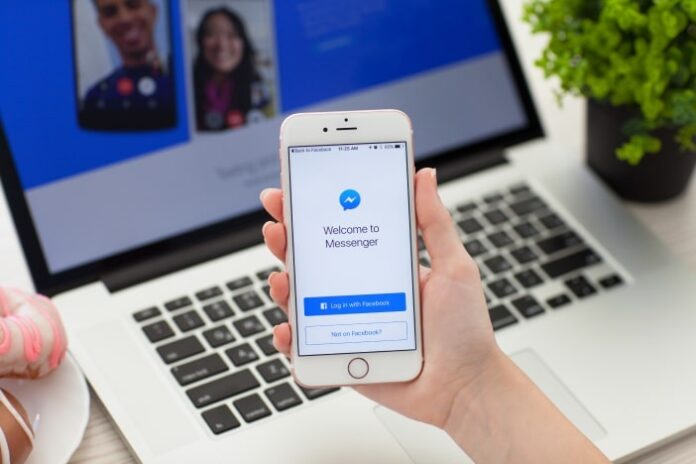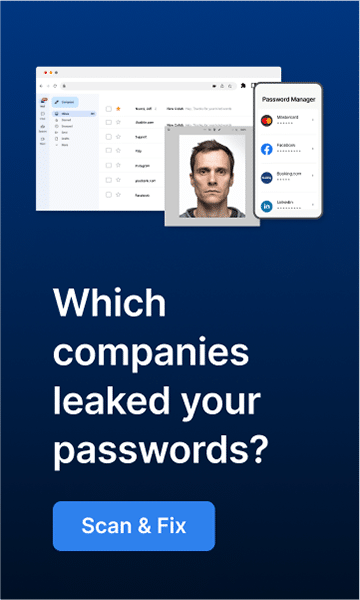A new Facebook Messenger scam is making the rounds, and it’s a doozy. The fraud takes advantage of the fact that many people use Facebook to keep in touch with friends and family. Here’s how it works: fraudsters send you a link on Messenger with the caption “Is it you in the video?” The link preview appears like a YouTube video, but when you click on it, you’re directed to a Facebook login page. The fraudsters can access your account if you fall for this scam and provide your login credentials. Be sure to share this information with your friends and family, so they don’t become victims of this scam. This blog post will show you how to protect yourself from this scam and what to do if you think you may have been a victim.
Phishing scams using Facebook accounts
Phishing scams have been around since the beginning of the internet and continue to be a popular choice among cybercriminals. The goal is to gain access to personal information, which can then be used for identity theft or selling data on dark web marketplaces.
Fraudsters will try to acquire your login information to access your Facebook account. They might do this by sending you a message with a link that takes you to a fake login page. Once they have your login information, they can do all sorts of damage, such as:
- Posting on your behalf without your knowledge.
- Sending messages from your account to your friends and family.
- Stealing personal information like photos and contact lists.
- Using your account to spread malware or scam others.
Other ways hackers can access your account
Social engineering attacks
These are attacks where hackers trick you into giving them access to your account. For example, they might pose as a customer service representative from Facebook and ask for your login information. Or they might send you a message saying there’s a problem with your account and that you need to click on a link to fix it. Once you click on the link, you’re taken to a fake website where you’re asked to enter your login information.
Login information stolen in data breaches
If your login information is stolen in a data breach, hackers can use it to access your Facebook account. That’s why it’s important to use a unique password for every online account and to enable two-factor authentication whenever possible.
Malware
Malicious software can be used to access your account without you knowing it. Hackers can use malware to infect your computer or mobile device and then use it to log into your Facebook account. They can also use malware to steal personal information like photos and contact lists.
How to avoid Facebook Messenger scams
The greatest way to avoid Facebook Messenger scams is to be careful about the links you click. If you get a message from someone you don’t know or if the preview of the link looks questionable, don’t click on it. Before clicking, hover over the link to see where it will take you (the URL will appear in a pop-up). If the URL appears to be suspicious, do not click on it. Finally, ensure your Facebook account is protected with two-factor authentication turned on. This adds an extra layer of protection and makes it more difficult for fraudsters to access your account.
What to do if you think you’ve been scammed
If you think you may have been a victim of this scam, there are a few things you can do. First, change your password and enable two-factor authentication (if you haven’t already). Next, check your recent activity to see if there is anything suspicious. If you see any posts or messages that you didn’t send, delete them. Finally, report the scam to Facebook so they can take appropriate action.
Keep these tips in mind to protect yourself from Facebook Messenger scams. And be sure to share this information with your friends and family.

